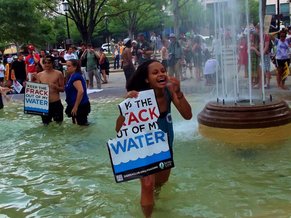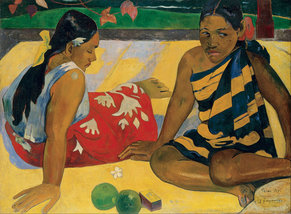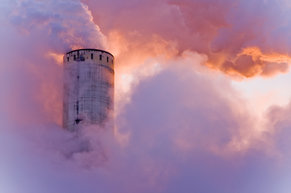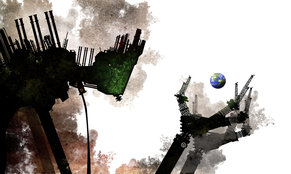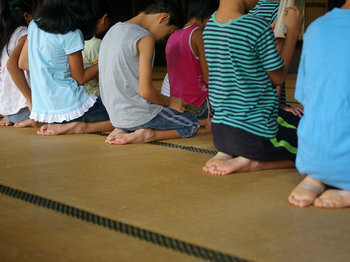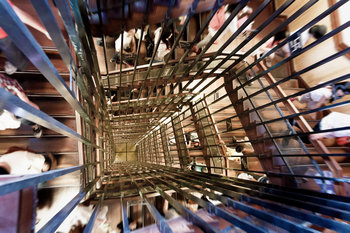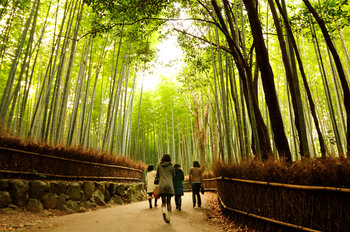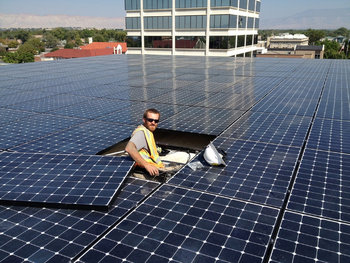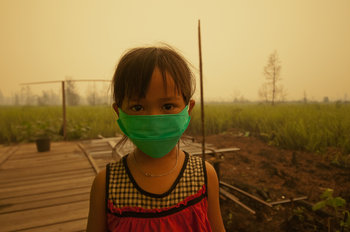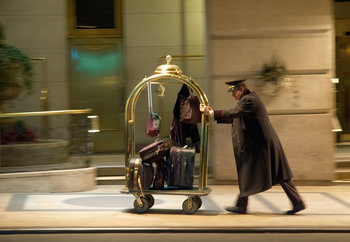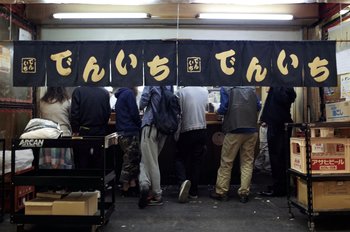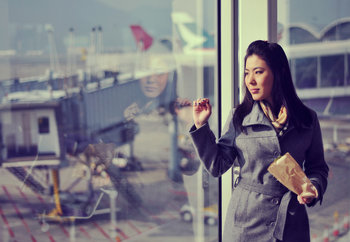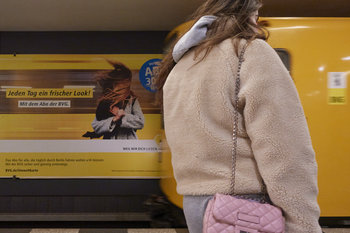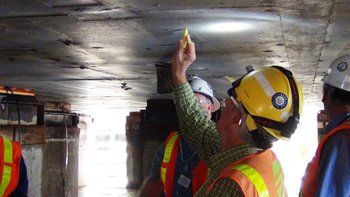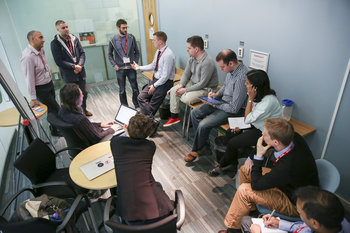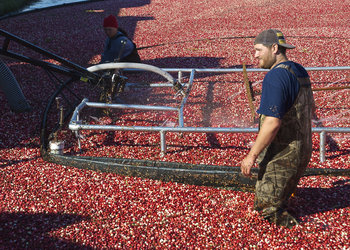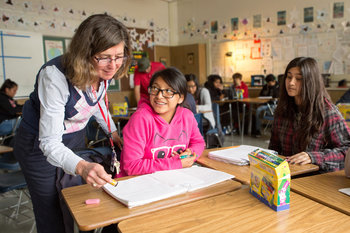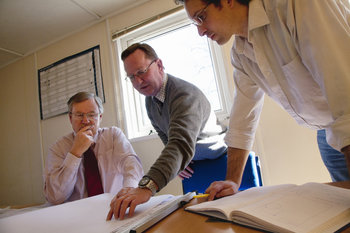
Environment
Crowding can cause pollution such as the exhaust from cruise ships and tour buses. It can also damage sensitive ecosystems such as a coral reef that is stepped on and exposed to chemicals from swimmers and garbage from visitors.Heritage
Crowds can physically damage cultural heritage such as buildings, monuments, landscapes and artifacts.Manners
Tourists are often unaware of local norms and culture. This can cause friction with locals who may develop negative feelings towards tourists. Where locals become unfriendly, tourists may reciprocate, creating a downward spiral of incivility.Crowding
Large crowds can cause an area to become unpleasant. For example, a beach that can comfortably accommodate 65 people that commonly receives 2000 visitors.Safety & Security
Large crowds can attract crime such as pickpockets or public safety issues such as problems evacuating an area in an emergency.Commercialization
Tourist crowds attract businesses that are completely unconnected to the local culture. This may cause a previously charming neighborhood or countryside location to look like every other touristy place with time. For example, large multinational corporations may build chain restaurants that outcompete local restaurants on price due to economies of scale.Obstruction of Commerce
Tourist crowds can cause obstruction of commerce. For example, a fish market that sells fish to local residents and businesses that becomes congested with tourists taking photos who seldom buy anything.Concentration
Tourist crowds are intensified by a tendency to go to the most popular place at the most popular time due to limited information, tools and transportation.Carrying Capacity
Each tourist attraction, neighborhood, town and natural place has limited capacity. Where this capacity is exceeded an area may lose its charm, culture, ecosystems or priceless cultural heritage in the course of a few years or decades. For example, a beach may be able to sustain 1 million visitors a year indefinitely but may go into rapid decline at 2 million visitors a year.Quality of Life
Overcrowding caused by tourism can decrease the quality of life of the residents of a place. For example, tourist crowds may cause noise and disruptions of the peace in a previously quiet place.Fees & Taxes
A primary way to reduce tourist crowds is to increase fees such as entrance fees and taxes that target visitors such as hotel taxes. Ideally, such fees can go into reducing the problems of overtourism, protecting the local environment and restoring cultural heritage.Caps
Visitors can be capped or reduced by limiting tourist visas or permits to tour operators such as cruise ships. It is also common to cap the daily visitors to attractions that have limited capacity.Regulations
Regulations that prevent or slow the commercialization of an area or the numbers of tourists to a site. For example, disallowing tour buses at the level of a district, town or attraction. Regulations that require businesses not to damage the environment and to integrate with local culture can also slow negative types of commercialization.Communicate the Culture
Most tourists want to conform to local customs and avoid damaging the environment but may lack information and awareness of these issues. As such, a process of communication that reaches every visitor in their language with information about local norms, customs and sustainability initiatives can have an extremely positive impact.Promote Hidden Gems
Tourists dislike overtourism as much as the locals. Giving tourists information, tools and services that allow them to get away from the crowd to visit hidden gems can reduce crowding. For example, easy-to-use public transportation and tourist maps that help tourists to reach a large number of areas as opposed to being bused in large numbers to one spot. Public transportation passes for tourists can be promoted with tour operators with disincentives for bus tours and other practices that cause tourists to hover in one place.Off-season
Aggressive promotion of off-season travel with disincentives for peak season travel such as higher fees.Community Engagement
Asking for help from your community to reach out to tourists and help them understand the local culture, norms and issues. This helps to prevent the situation where locals turn against tourists, creating an antagonist relationship that is thoroughly unproductive.| Overview: Overtourism | ||
Type | ||
Definition | A situation where the travel industry causes significant negative impact to local ecosystems, culture, quality of life or economic activity. | |
Related Concepts | ||

